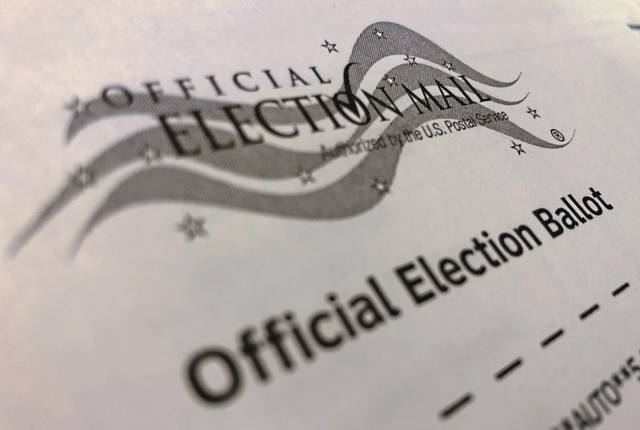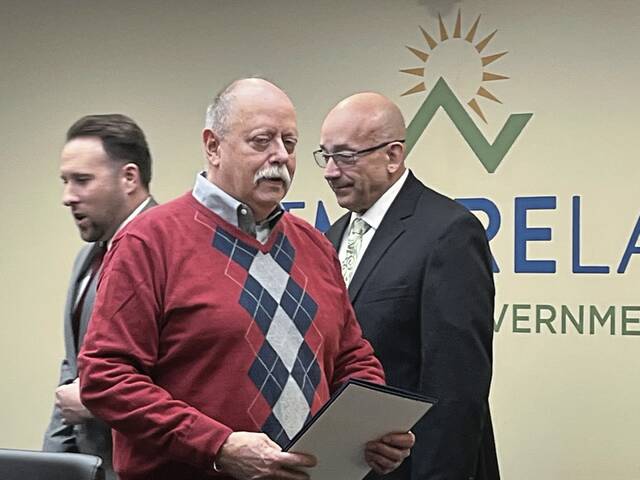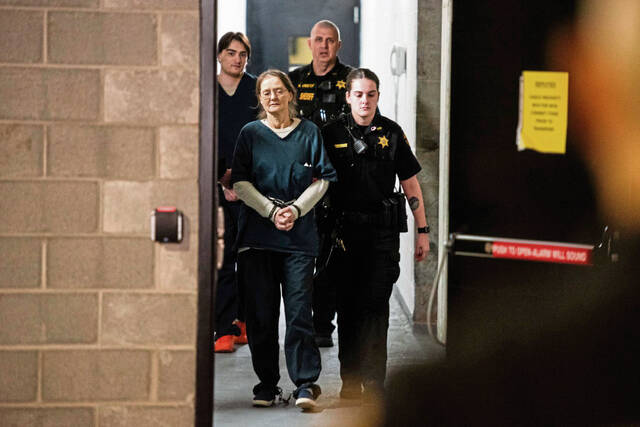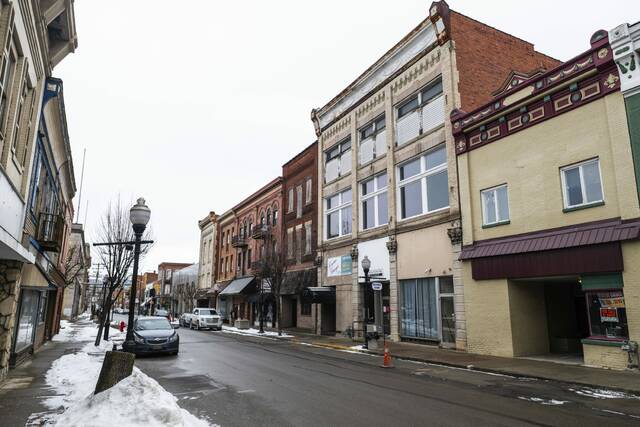Pennsylvania Attorney General Josh Shapiro said he has teams preparing for any election law challenges that may be filed between now and after polls close Nov. 3, even as he awaits court rulings on several GOP challenges.
With 26 days remaining until the election and about 2.5 million mail and absentee ballot applications approved, the courts are expected to rule soon on several issues.
U.S. District Court Judge J. Nicholas Ranjan in Pittsburgh is weighing a challenge from President Donald Trump’s campaign committee asking the state to limit the use of ballot drop boxes for mail-in ballots and to approve methods that may be used to invalidate ballots.
Drop boxes at locations outside of county election offices are being used to varying degrees in many counties. Allegheny County is scheduled to begin accepting ballots at manned drop box locations over the next three weekends. In Westmoreland, where officials have a drop box inside the entrance to the county courthouse, commissioners are expected to vote Tuesday on whether to approve additional locations.
Meanwhile, state Senate Majority Leader Jake Corman, R-Centre County, and Senate President Pro Tempore Joe Scarnati have filed an appeal to the U.S. Supreme Court seeking to block a state Supreme Court ruling granting election officials permission to count mail-in ballots received up to three days after the election, provided they are postmarked by 8 p.m. Nov. 3.
And state officials have asked the Pennsylvania Supreme Court to rule on a filing by the Trump campaign seeking an injunction to the state to reject ballots containing signatures that do not match what appears on voter registration cards.
Last month, the Trump campaign scored a legal victory when the Pennsylvania Supreme Court ruled that ballots could be discarded if they were not returned inside official secrecy envelopes. The invalid ballots are known as “naked ballots.”
Trump’s legal battles against mail-in ballots, which he has called ripe for fraud, began with court filings in January against Pennsylvania’s 2019 expanded voting law. They are part of the president’s long-running battle to undermine mail-in voting, which stands to play a larger role in this election as fears of coronavirus keep voters from polls.
In Pennsylvania, with nearly 9 million voters registered as of Thursday, Department of State records showed 2.52 million mail and absentee ballot applications were approved and nearly 192,000 ballots were completed and returned.
“We’re battling on all fronts in order to make sure all legal, eligible votes are secured and counted,” Shapiro said. “I suspect we will continue to win in court because the president’s attacks on our voting systems are baseless and secured not to win a court battle but to sow doubt in our voting process.”
He was among the lead plaintiffs in a federal suit last month that resulted in an injunction ordering the U.S. Postal System to halt and reverse changes that officials said could slow delivery of mail-in ballots.
Last month, Trump seized upon reports that nine military ballots had been accidentally discarded in Luzerne County to back up his claims that the vote was being rigged against him. And during last week’s presidential debate, he alleged voter fraud was underway in Philadelphia.
The battle may well extend beyond Nov. 3.
Under state law, county elections officials cannot begin counting absentee and mail ballots until the morning of Nov. 3, leading officials to fear it may be days before the vote count is official.
The Associated Press, however, reported Wednesday that state lawmakers have been holding closed-door discussions that could lead to changes that would allow counties to begin counting mail and absentee ballots as soon as four or five days in advance of the election.
That could ease the crunch in Western Pennsylvania. As of Thursday, Allegheny County led the state with 353,668 approved applications for absentee and mail ballots; Westmoreland County has seen nearly 59,000.
“I think Republican and Democratic lawmakers realize there needs to be technical changes to take the burden off county officials and to allow them to count ballots earlier,” Shapiro said. “It offers no advantage to either party and it makes sense. It builds on Act 77, a very strong and progressive law that passed with more Republican and Democratic votes and allows more people to vote.”








